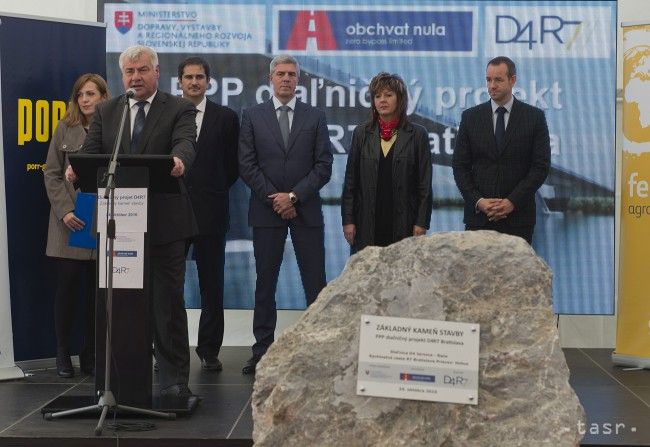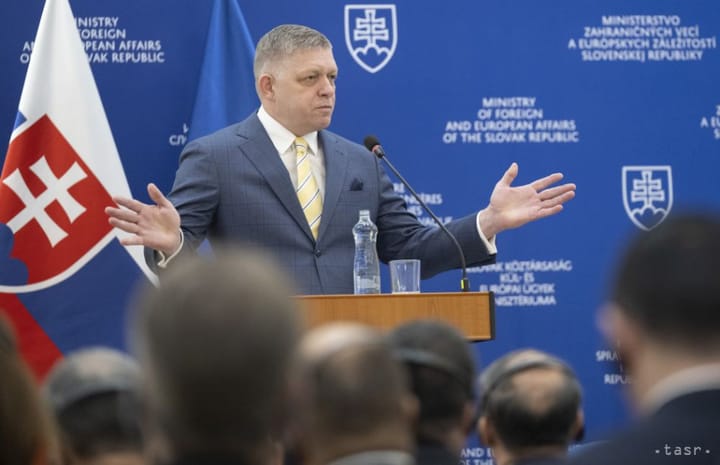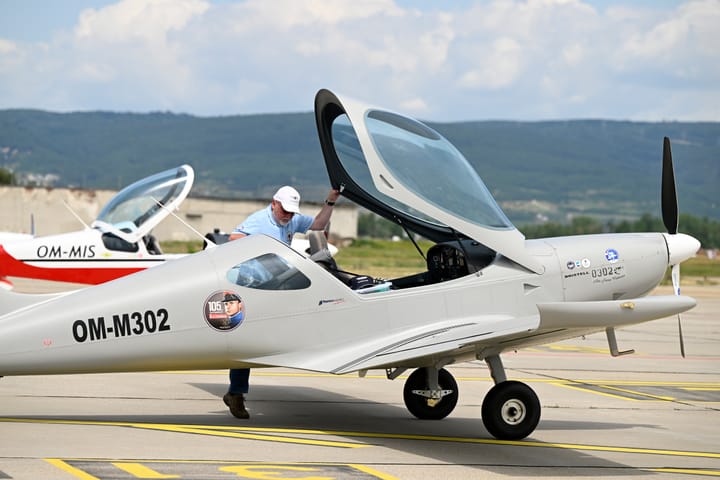Construction of Bratislava Bypass Officially Launched in Samorin

Bratislava, October 24 (TASR) – The construction of the Bratislava bypass, which will form part of the D4 motorway and R7 expressway, has been officially launched, with Transport, Construction and Regional Development Minister Arpad Ersek (Most-Hid) ceremonially tapping the foundation stone in Samorin (Trnava region) on Monday.
“This road will be one that not only here but also in the surrounding area will help people who spend almost four hours a day in cars wondering what to do next; whether to move away from here or remain,” said Ersek at a press conference in Samorin earlier in the day.
The R7 expressway along with the D4 motorway will make it easier for people from villages around the capital who commute to Bratislava every day, unburdening traffic especially on the I/63 first-class road.
A consortium led by Spanish firm Cintra, which won the tender for the bypass, has already launched archaeological work on the future road, and actual construction work should begin in March 2017.
Cintra representative Jaime Lamela, also present at the press conference, stated that in the next few weeks the consortium will not only apply for permits necessary for construction, but will also explain the construction schedule in the villages concerned.
According to the contract, the entire project is to be completed in October 2020, but cars are expected to be able to drive on the R7 expressway as early as in April 2020.
Ersek expects the deadlines to be met. Even though the workers are somewhat behind schedule at the moment, they should be able to finish the project on time, stated the transport minister.
The consortium led by Cintra signed the contract for the Bratislava bypass in May. It will build the bypass in four years and three months for annual instalments of €52.8 million over 30 years of operating the road, which will then be transferred into state ownership. After 30 years and with inflation taken into account the bypass should cost around €1.76 billion.



